
News writer; Opinion columnist
There aren't many reasons to visit Bishop, Texas, a small town of about 3,000 people, 34 miles outside Corpus Christie. Bishop has no grocery store, two bars, and so few employment opportunities, so most young people leave as soon as they graduate high school.
However, there is one excellent reason to visit Bishop: you can win the lottery there. Between 2006 and 20012, over 28 winning tickets were sold in Bishop, including three worth a total of $15 million. The only catch is that all of those lottery tickets were purchased by just one woman: a mathematician from Las Vegas named Joan Ginther.
But who is Joan Ginther, and how did she get so lucky?
Big winner
Winning the lottery once is a miracle, so what do we call it when someone wins twenty-eight times? Some might say cheating, but the story of Joan Ginther appears to be much more complex than that.
In addition to her smaller wins, she won $2 million in 2006 playing Holiday Millionaire, $3 million in 2008 playing Millions & Millions, and $10 million in 2010 playing $140,000,000 Extreme payout. All of these games were scratch-offs.
To make things more interesting, between 2009 and 2012, her close friend from Bishop, Anna Morales, also claimed 24 smaller lottery prizes worth between $1,000 and $10,000.
Statistically, it should be impossible to win that many prizes without a player spending far more money than they would possibly win back. So, how did Ginther pull off one of the most incredible winning streaks in lottery history?
Despite her repeated wins, the Texas Lottery claims they never investigated her or asked how she became such a high-frequency winner.
Most experts believe that Joan was an advantage player, which means that she wasn't really gambling; she was using strategies and information to tilt the odds so far in her favor that she was guaranteed to make a profit.
However, when one person figures out a strategy to beat the lottery, other players usually do, too. From what we can tell, no one has ever been able to repeat her ability to win the lottery.
Joan
So, who is Joan Ginther? Unlike previous people who have found ways to hack the lottery, such as Jerry and Marge Selbee or Stefan Mandel, she has never once made a public statement, sat down for an interview, or in any way revealed how she managed to be so “lucky.”
However, based on publicly available information and interviews with people who know her, she's not a complete mystery.
Ginther was born in Bishop, Texas, where her father was the town doctor. After graduating high school, she attended the University of Texas and then enrolled in Stanford University, where she received her PhD in mathematics with a specialty in statistics.
After graduating, she became a math professor at a community college in Northern California before moving to Las Vegas in 2001.
And that may have been the last we ever heard of her if it weren't for one fantastic stroke of fortune that changed the trajectory of her entire life.
First win
In 1993, Ginther won $5.4 million when she split the jackpot for the Lotto Texas draw game. She chose the cash installment option and received checks worth $270,000 once a year until 2012.
Unlike her later wins on scratch-off tickets, this prize was most likely pure luck. While people have won draw games before by buying out every possible combination of tickets, this jackpot wasn't big enough to make that strategy profitable.
Additionally, the drawing's winning numbers were 1, 4, 7, 10, and 47, which correspond to Ginther's birthday, which is 4/1/47.
But while this win was most likely pure luck, it could have provided her with the bankroll she would need to beat the lottery and win millions more.
Bigger in Texas
Before we can understand how Ginther beat the lottery, it's essential to know how scratch-off tickets work in Texas.
In 2002, the most you could win from a Texas scratcher was $80,000. However, state regulators decided they could boost sales by turbo-charging their prizes. Over the next ten years, jackpots steadily grew until, in 2009, they launched the first scratch-off in North America with a $10 million top prize.
Additionally, some Texas scratch games have unusually generous payout terms. For example, the 2005 game Run the Table had a payback rate of 66.9%, excluding the top three prizes.
Tickets for this game cost $25 each, but because of the payback rate, buying $10,000 worth of tickets should return at least $6,690. That means your 400 tickets actually cost just $8.75 each.
In comparison, the payback rate for a game like Lotto Texas is only 10%.
While a high payback rate doesn't guarantee a profit, it vastly reduces the cost of your investment if you're buying in volume.
Big-spending players can reduce their costs further by claiming gambling losses as tax deductions.
Everyone into the pool
There is another data point that would be valuable to an advantage player trying to increase their odds of winning. While the distribution of scratch-off tickets is said to be random, that's not entirely true, and for a good reason.
Most scratch games have multiple jackpots. If all of the jackpots are discovered in the first week a new game is released, that would be a disaster for the state lottery because players would stop buying the tickets, and the game wouldn't make enough money on sales to cover what it paid out in prizes.
That's why lottery commissions divide their top prize tickets into pools. For example, if a game has 300,000 total tickets and three jackpots, these tickets could be divided into three pools, each with 100,000 tickets and one top-prize winner.
One pool will be sent to retailers to start the game, and as players buy down those tickets, the second pool will be released. This information is extremely valuable to an advantage player because the state lottery commission tells players how many jackpots are still available to be collected.
That means your odds of winning a top prize increase if a pool is getting close to selling out and the jackpot still hasn't been collected. By letting other players buy up losing tickets, an advantage player increases their odds of finding a winning one.
Consider that at the start of a pool, your odds of finding the winning ticket are 1:300,000, but as the pool draws down, they could be as low as 1 in 10,000. Information from Ginther's winning tickets shows that she almost never bought tickets from the first 30% of tickets sold.
Lucky streak
While all of the above information is extremely valuable, even if you know when a jackpot-winning ticket is likely to appear, you still have to know where it will be. In a state the size of Texas, with tens of thousands of retailers, that's no easy task.
This is where we bring things back to Joan Ginther. While she lived in Las Vegas, according to locals, she would return to Bishop about twice a year and stay for a month at a time. Reportedly, she would go to the Times Market, which was Bishop's only lottery retailer.
Ginther would allegedly show up at the store after hours with a fanny pack full of hundred-dollar bills and buy out the store's entire stock of a particular scratch-off game. Locals noticed that tickets for specific games were always sold out when Ginther was in town.
Lottery experts think Ginther knew when a particular pool was low for a game and a jackpot was still available. Rather than driving all over Texas searching for the ticket, she made the ticket come to her.
Every time she bought out the Times Market allotment of tickets, the lottery commission would automatically send another shipment, and Ginther would buy that, too, triggering another shipment. The experts think she was buying so many tickets that the jackpot winner would eventually come to the Times Market.
Publicly available information does support some of this theory. Despite being in a small town, the Times Market was the state's leading seller of $140,000,000 Extreme scratch-off tickets. The store sold 9,380 tickets for the game, three times more than the population of the entire town of Bishop.
Additionally, Ginther and her close friend Morales claimed 16 prizes from the game, which mathematically supports the idea that they bought almost all of the Extreme tickets sold in Bishop.
The system?
While all of the above information helps us understand how Ginther might have won, it still doesn't give us a complete picture of her strategy. While some have accused Ginther of cheating, no evidence supports this.
Most people who have successfully cheated the lottery have worked from the inside. They've used their knowledge of the game, trust, and access to various systems to tilt things in their favor.
But Ginther is a math professor who has never had any professional association with the lottery. As far as anyone can tell, she has no relationship with anyone close to the lottery.
Multiple reporters have descended on Bishop to try to learn her secrets. What they've found has largely been a wall of silence. From the owner of the Times Market to Morales, who still lives in Bishop, very few people in town are willing to speak about her.
Game over
After 2012, Ginther appears to have stopped playing the lottery and hasn't claimed a prize worth more than $600 since then. Interestingly, this also coincides with when she received her last lottery annuity check, which people have theorized is how she bankrolled buying so many tickets.
It's also possible that she simply decided to quit. By 2012, Ginther was 65 and a single woman without children who had millions of dollars to spend. It's possible that it simply was no longer worth the effort of buying and scratching off so many lottery tickets.
While we may never know the truth about how Ginther managed to win such vast sums, we do know one thing with certainty: Whatever strategy she used made her a lottery legend.
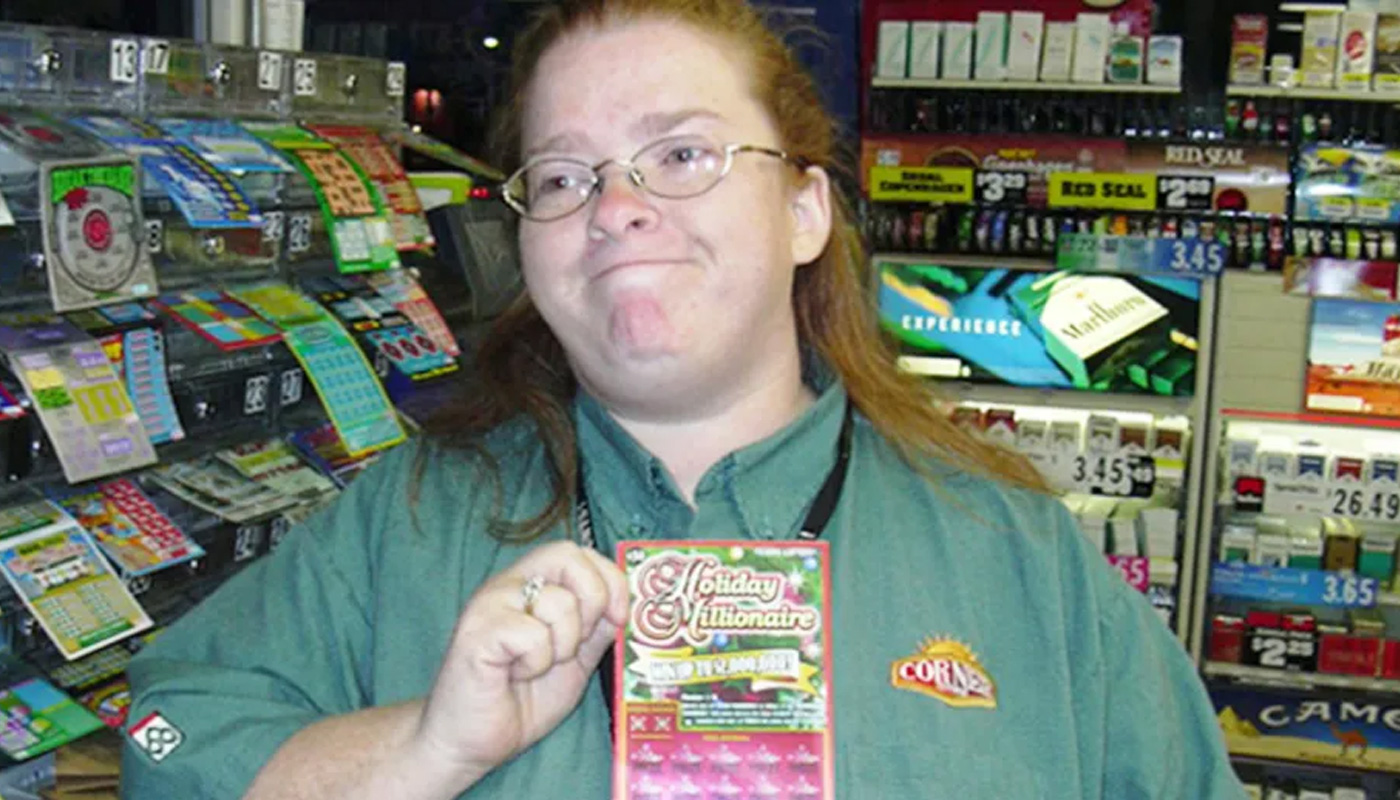
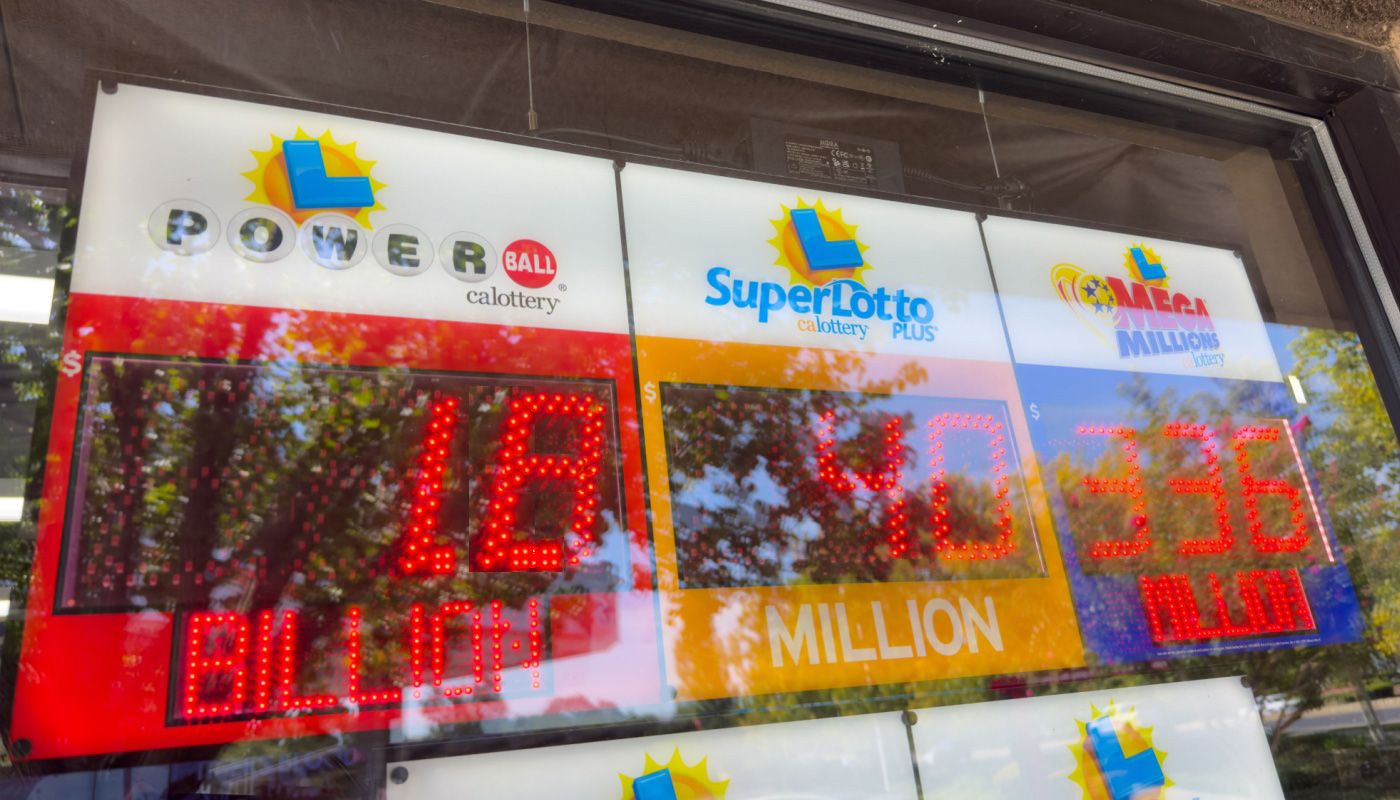

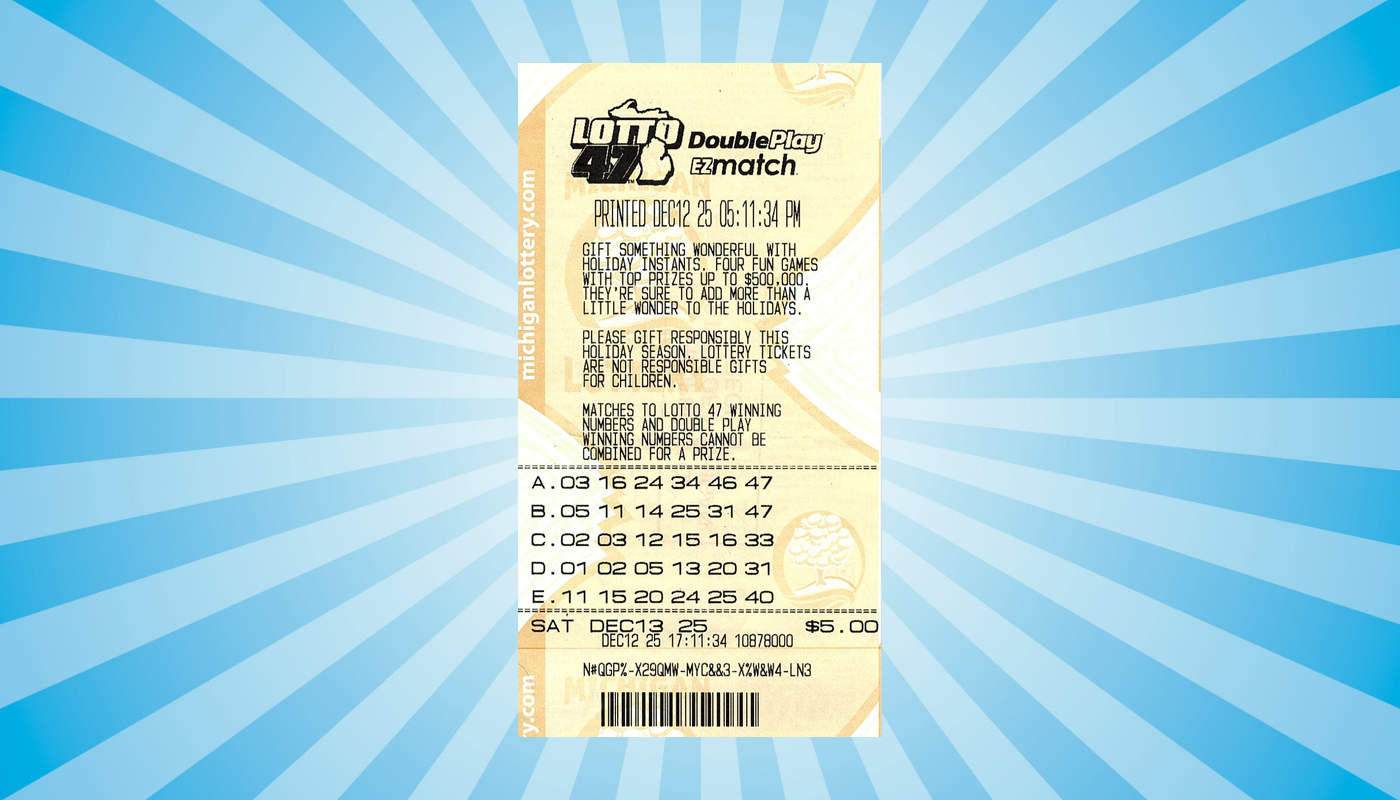

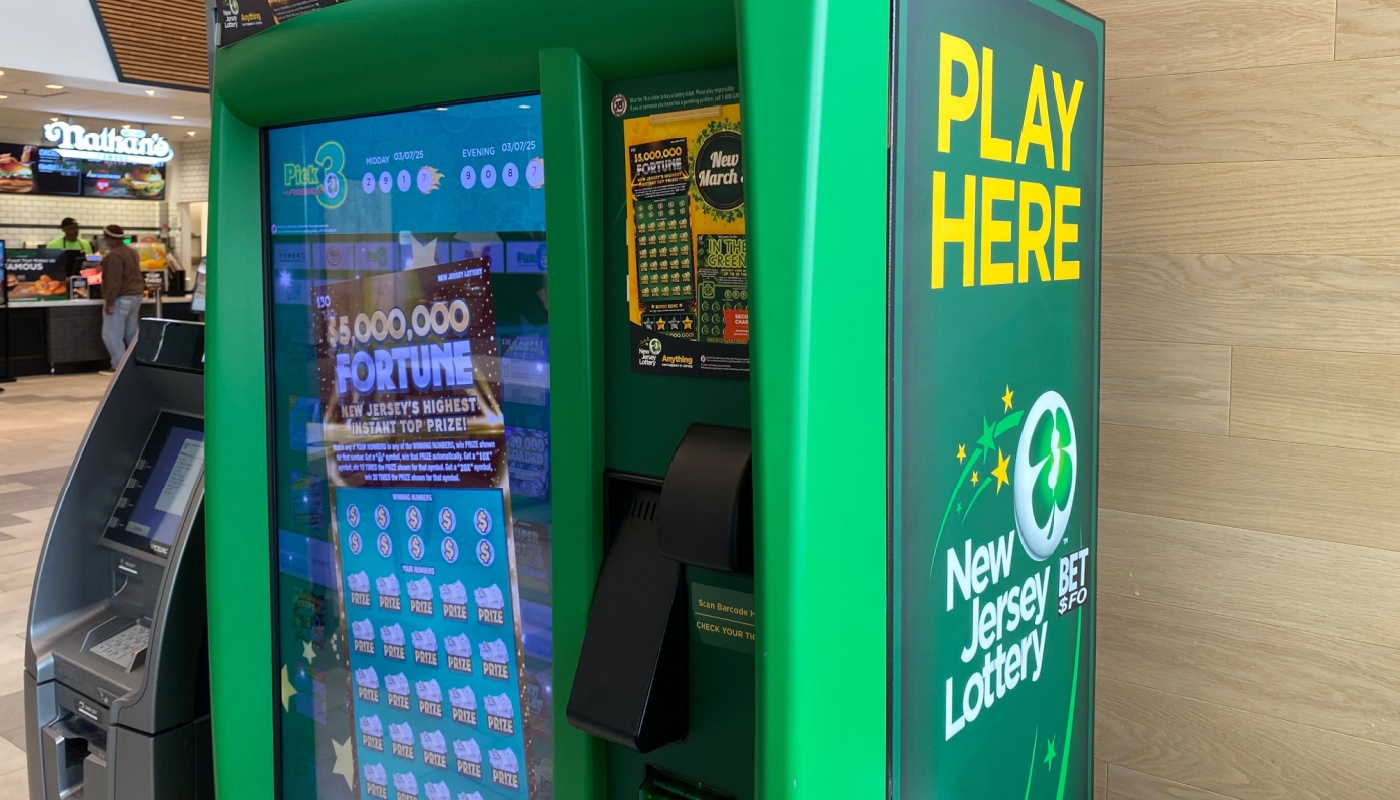

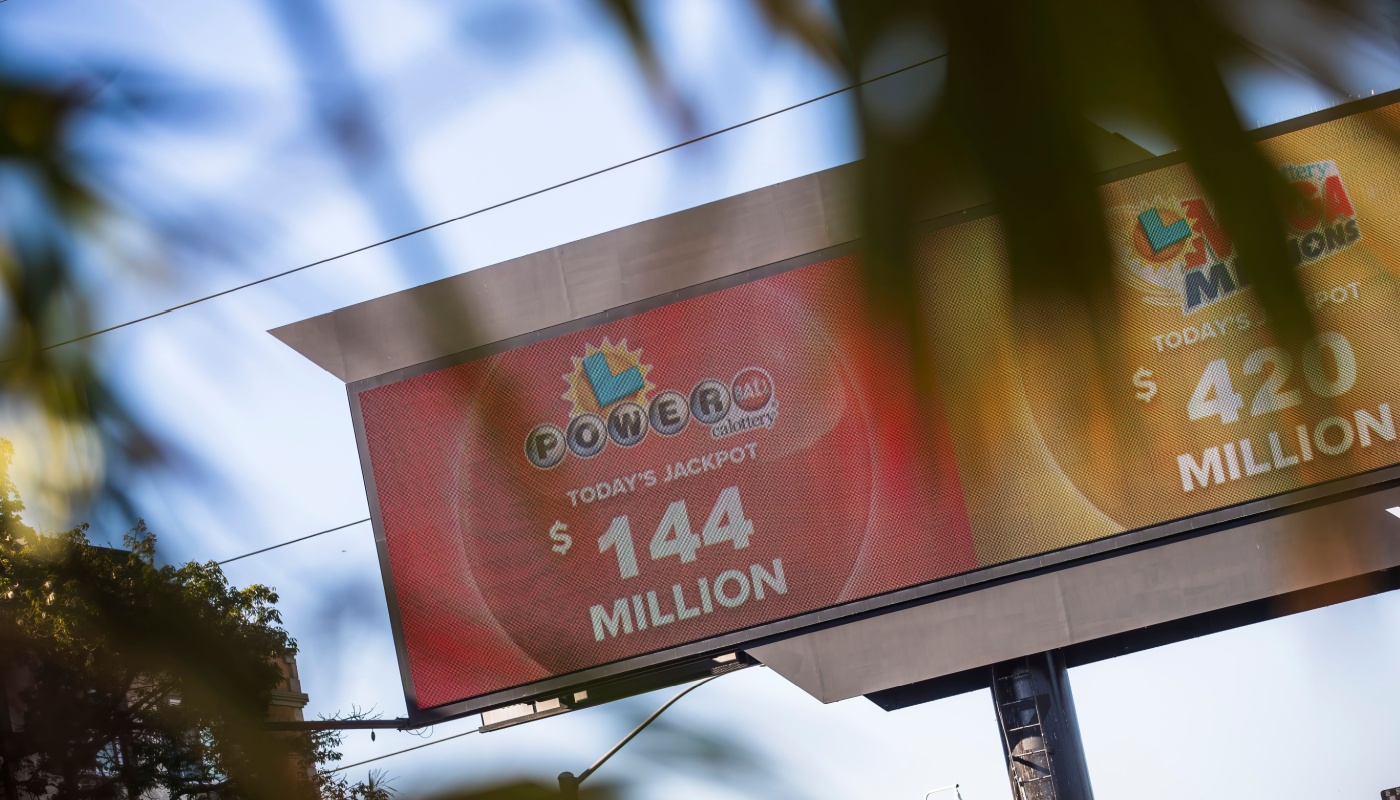
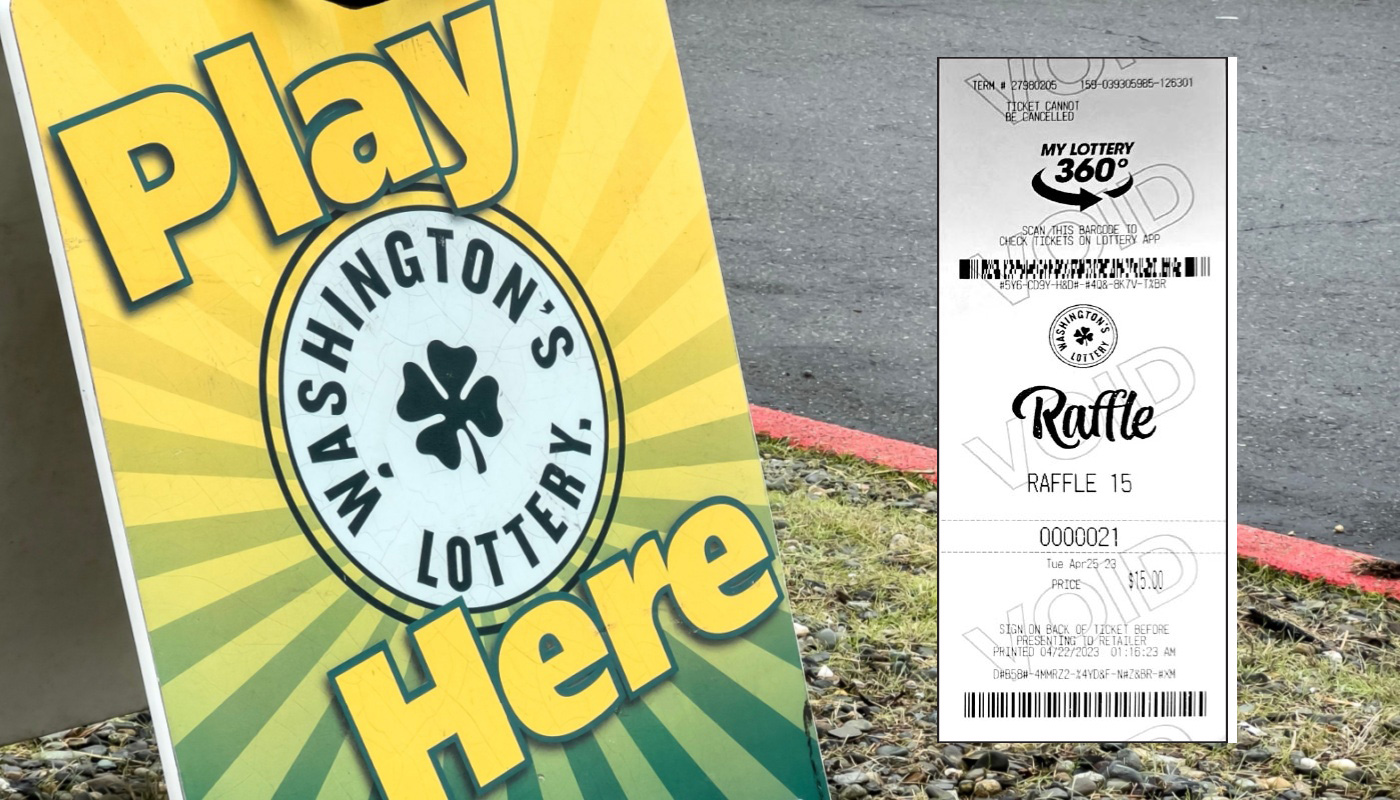









Comments